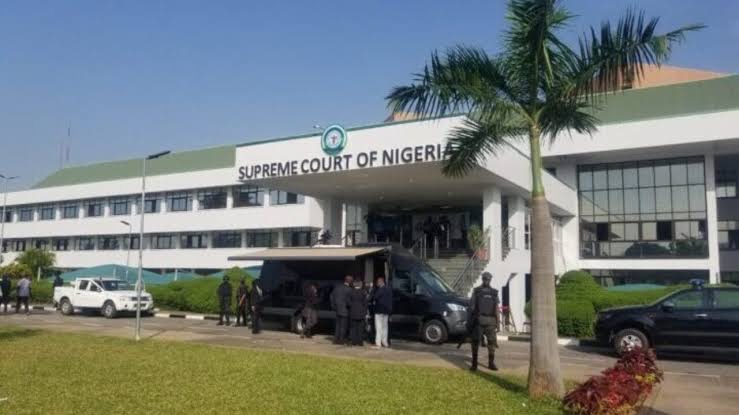The Nasarawa House of Assembly commends the Supreme Court for its decision endorsing financial autonomy for the 774 Local Government Areas (LGAs) in Nigeria. The commendation came after Musa Ibrahim raised an urgent public matter during a session in Lafia. As the representative of the Doma North constituency and the chair of the House Committee on Local Government and Chieftaincy Affairs, Mr. Ibrahim emphasized that the ruling would facilitate equitable development at the grassroots level. The Speaker of the parliament, Danladi Jatau, highlighted that financial independence would pave the way for prompt and consistent progress in rural communities across the nation. He praised the apex court’s judgment as a victory for democracy.

Speaker Jatau expressed gratitude to President Bola Tinubu and the 36 governors for embracing the Supreme Court’s decision, stressing that these actions would reinforce the democratic principles of the country.
“This assembly stands in solidarity with the Supreme Court’s ruling granting financial autonomy to the 774 local government areas in the country. We extend congratulations to Nigerians and all proponents of democracy for this commendable milestone.
“This development will bring about more democratic dividends to our grassroots communities; it will enhance the standard of living for rural residents. Local government chairpersons can now embark on crucial infrastructure projects and introduce initiatives to improve the quality of life for the populace.”
The Supreme Court’s verdict on Thursday granted financial independence to the 774 local government councils in Nigeria. In suit No: SC/CV/343/2004, the Supreme Court directed the federal government to promptly disburse funds directly to the area councils.

The implementation of financial autonomy for local government areas marks a significant step towards decentralization and empowerment of grassroots governance in Nigeria. With the Supreme Court’s ruling endorsing this autonomy, there arises a new era of accountability and development at the local level.
As the local government councils gain control over their finances, it opens up avenues for more targeted and impactful projects that directly benefit the communities they serve. This newfound independence can lead to improved infrastructure, better service delivery, and greater transparency in governance practices.
Moreover, the empowerment of local government chairpersons to initiate projects and programs tailored to the specific needs of their areas is a crucial aspect of fostering inclusive development. By enabling them to address local challenges effectively, the autonomy granted by the Supreme Court contributes to enhancing the overall quality of life for residents in rural and urban communities alike.
In embracing this ruling, it is essential for all stakeholders, including the federal government, state governors, and citizens, to work collaboratively toward ensuring the successful implementation of financial autonomy for local government areas. This collective effort will not only strengthen democratic principles but also promote sustainable growth and prosperity across the country.


































